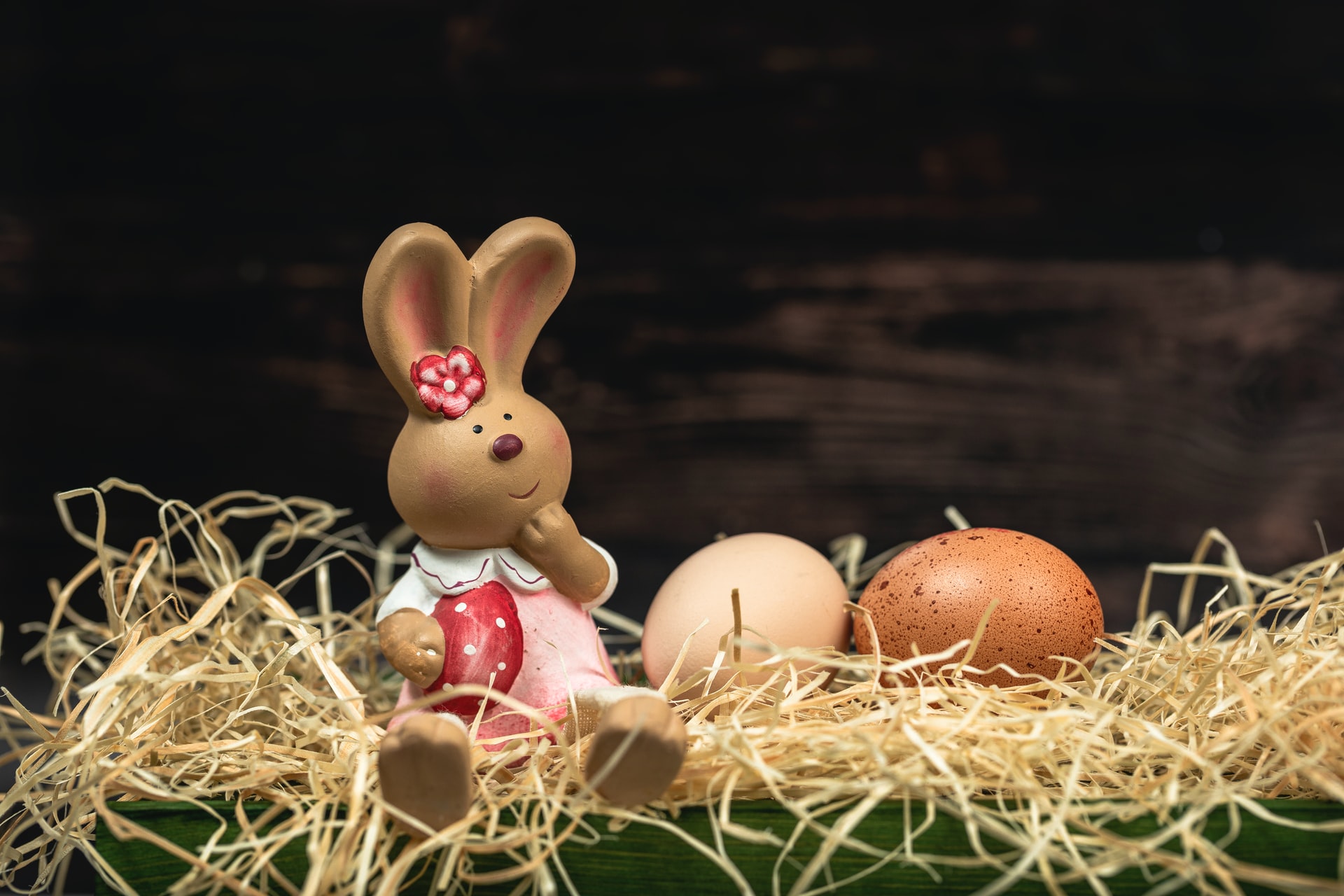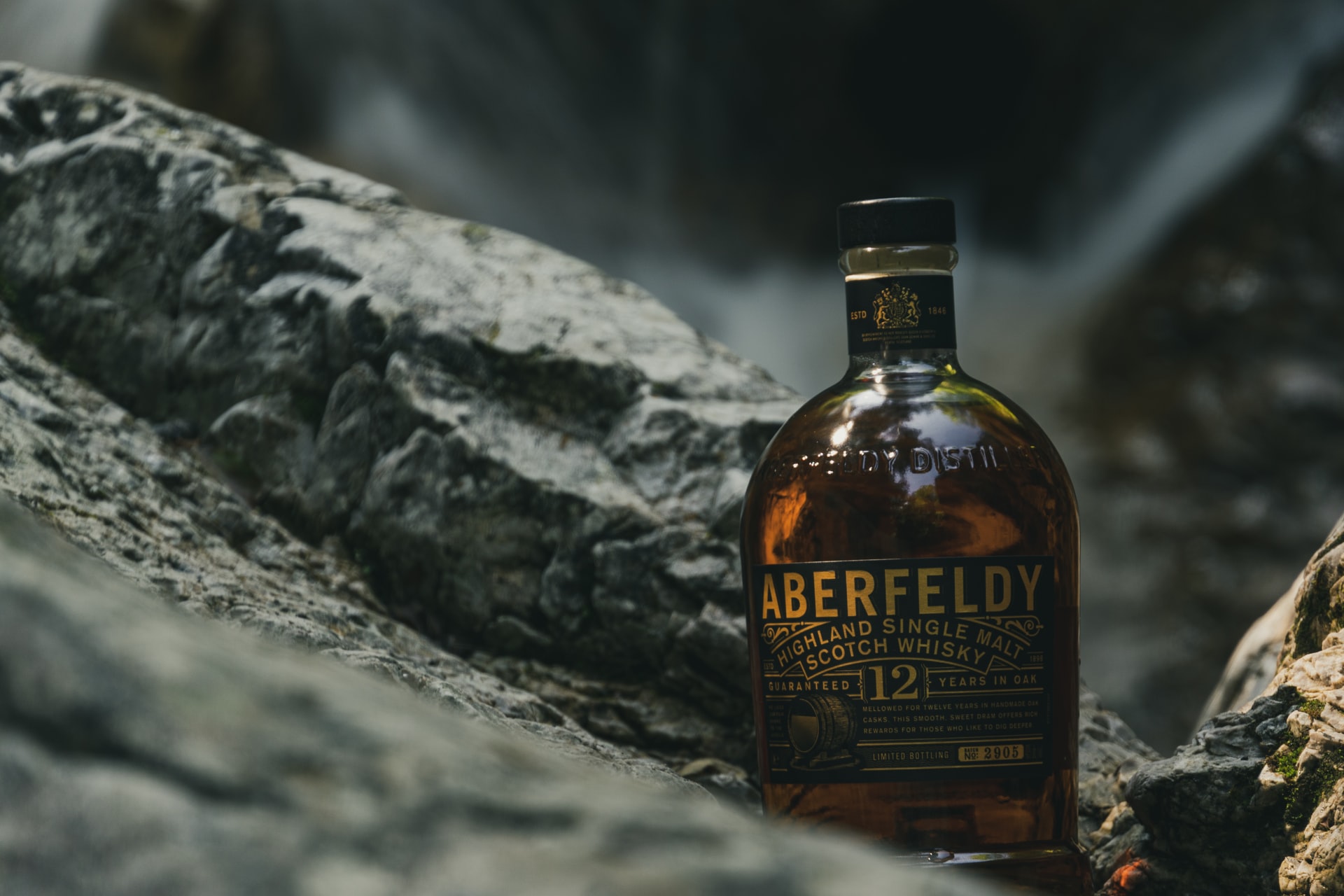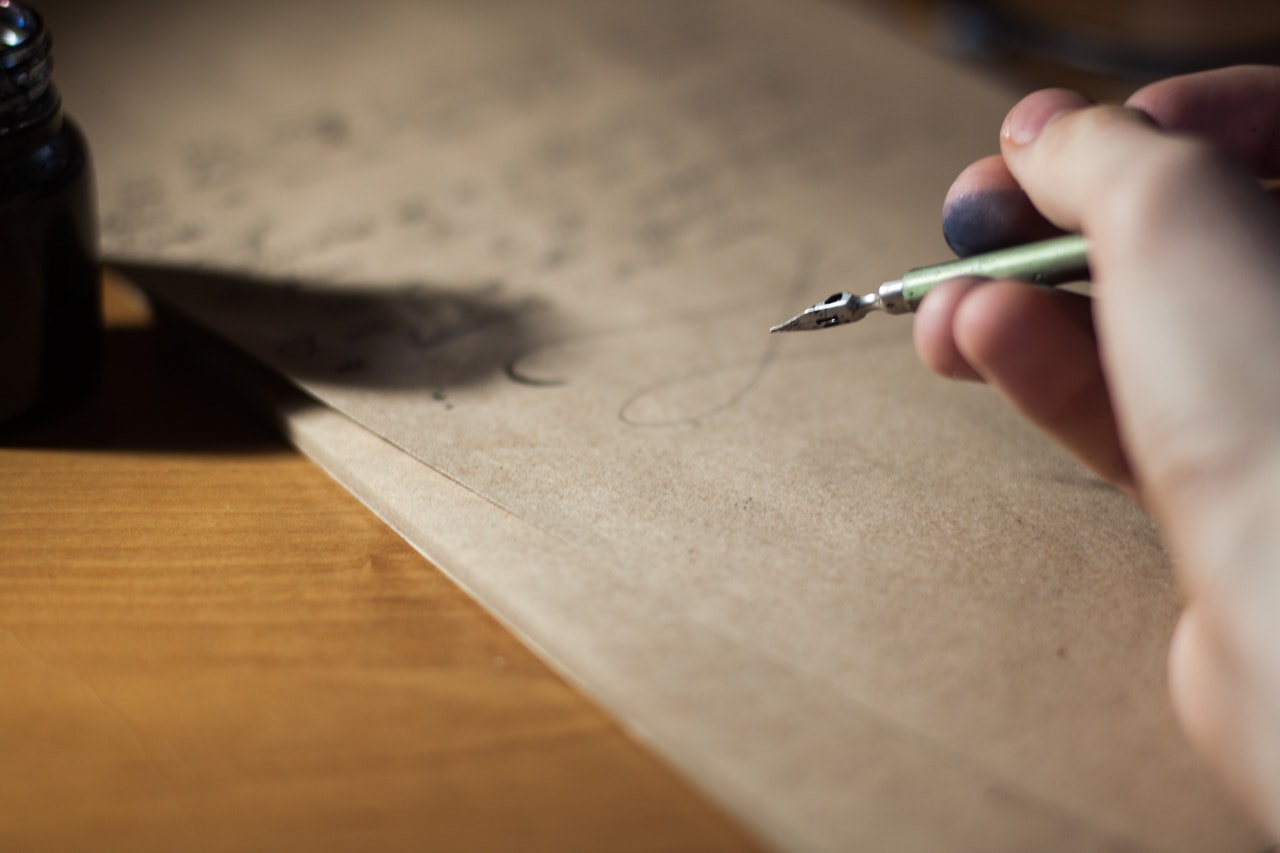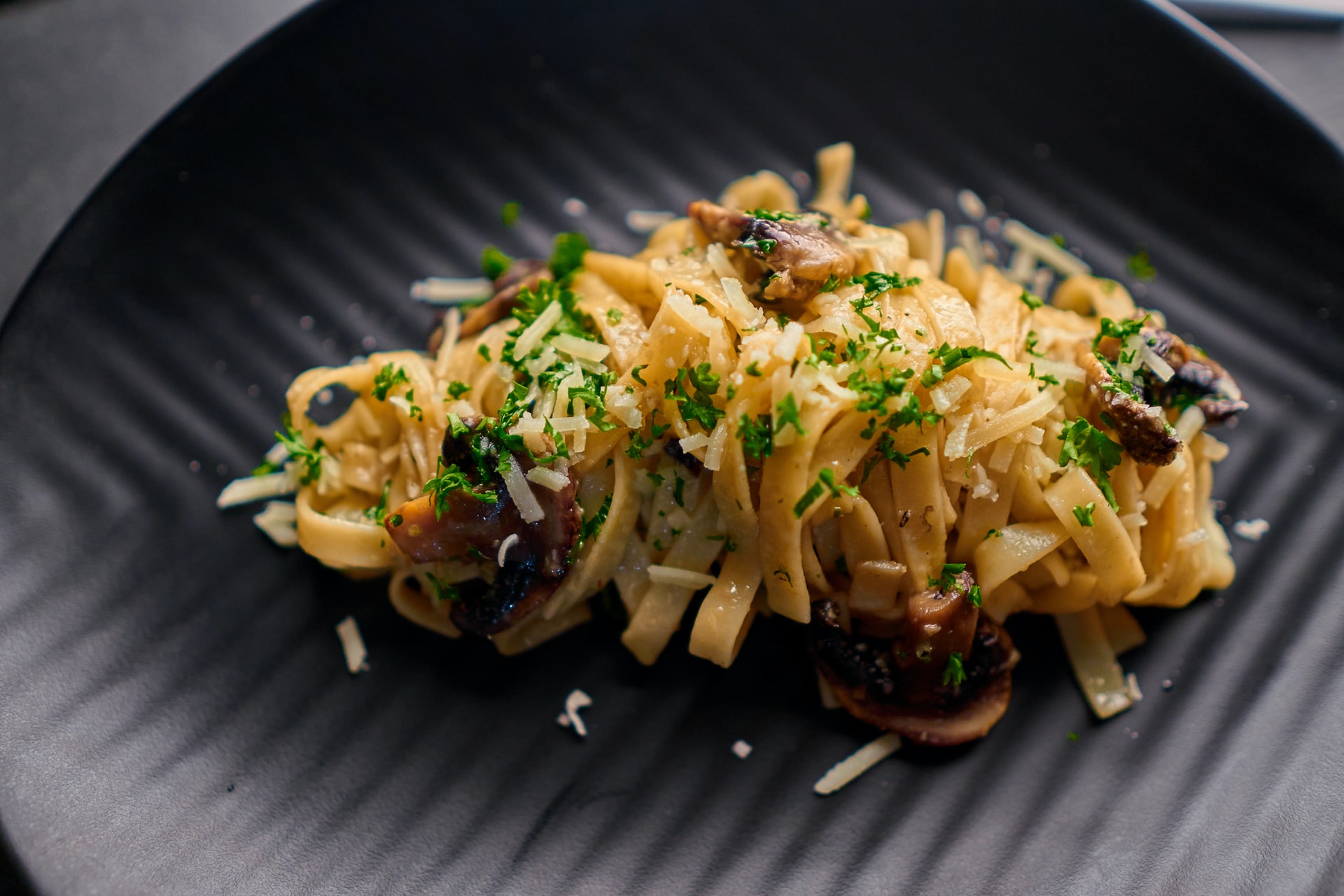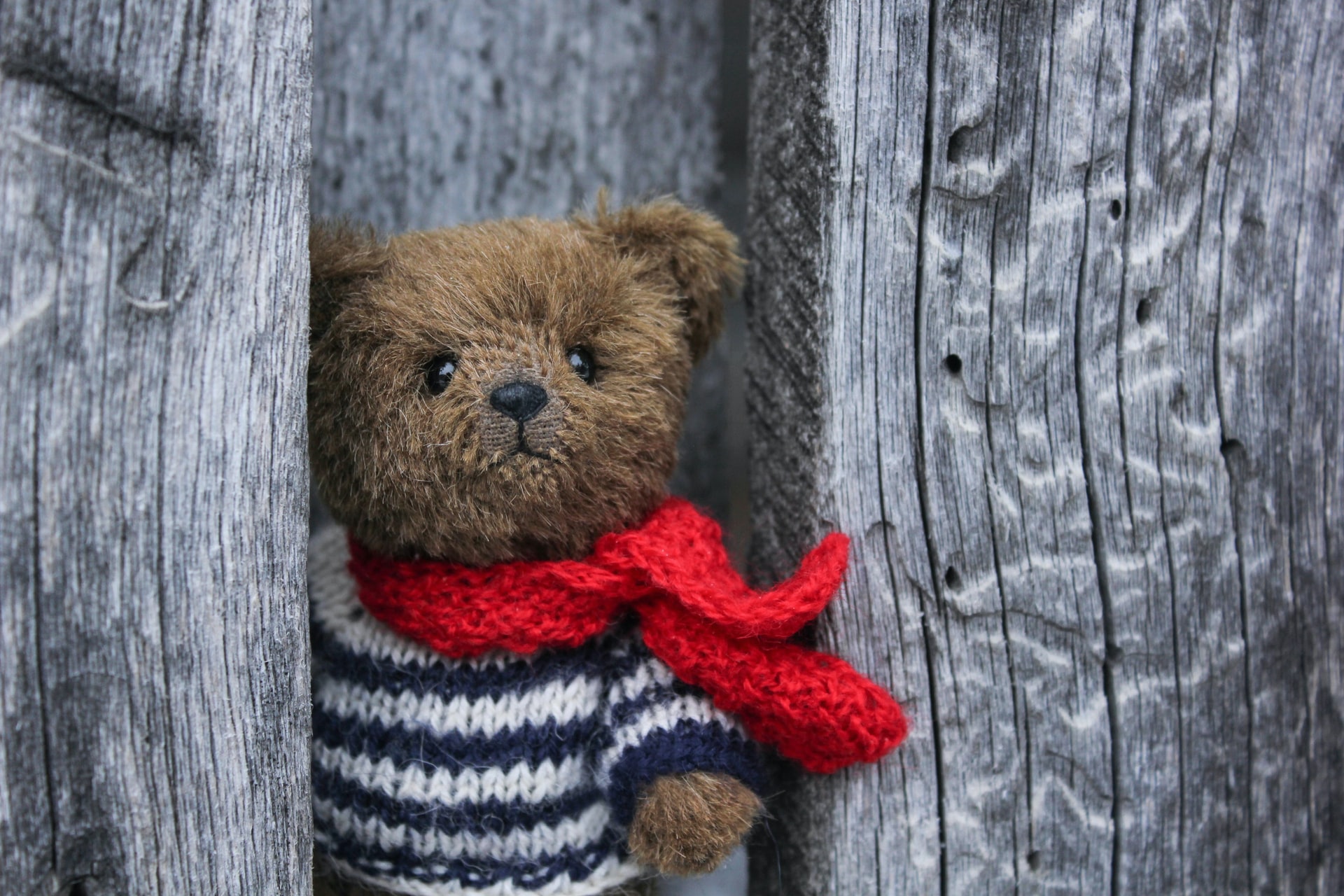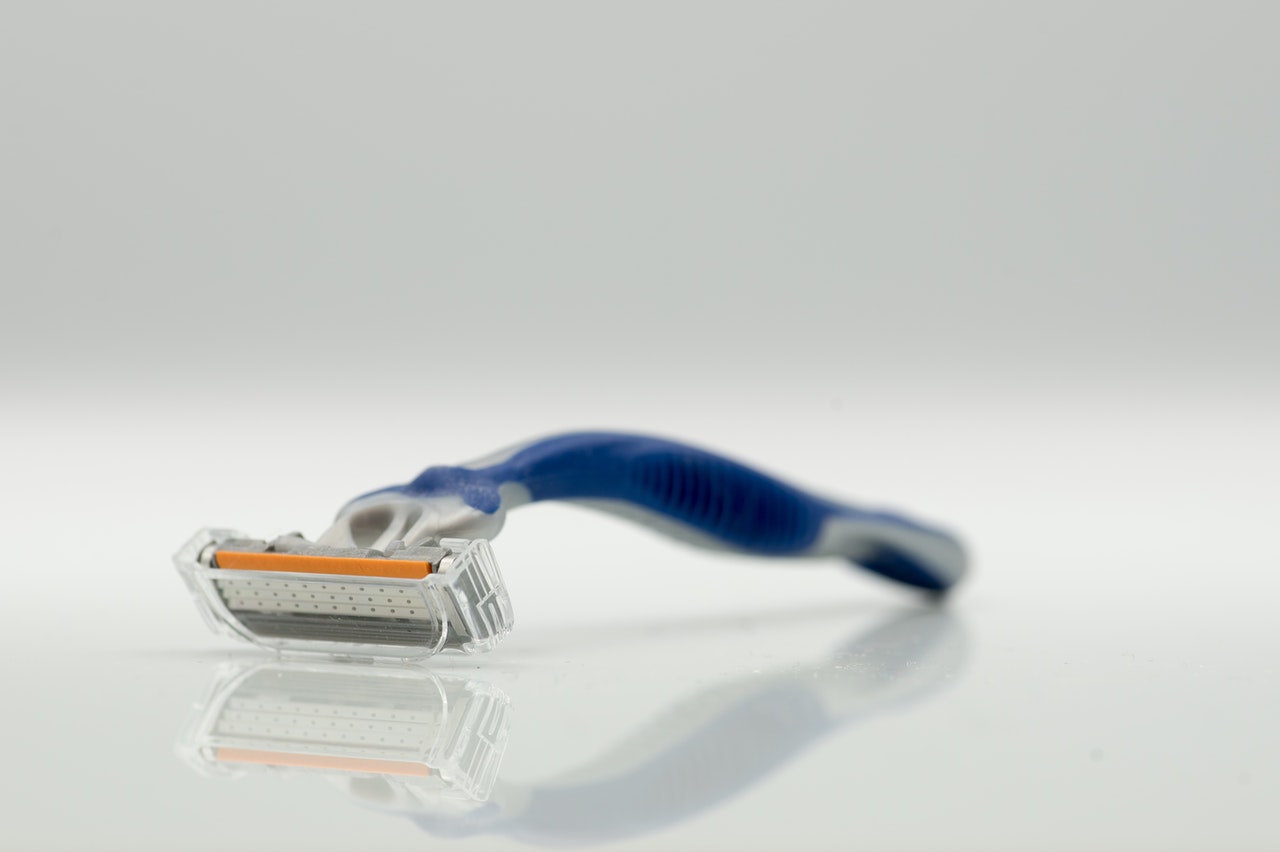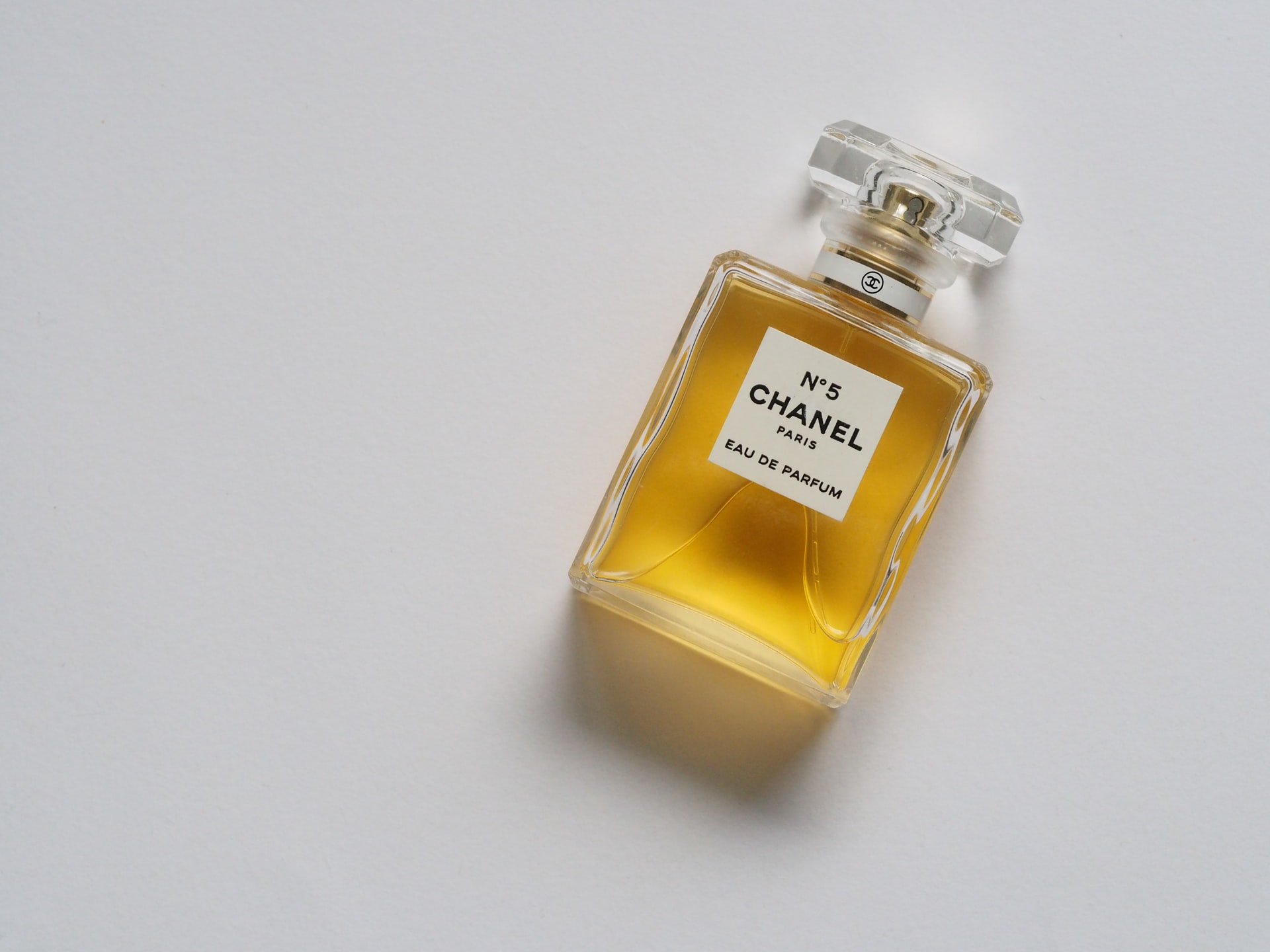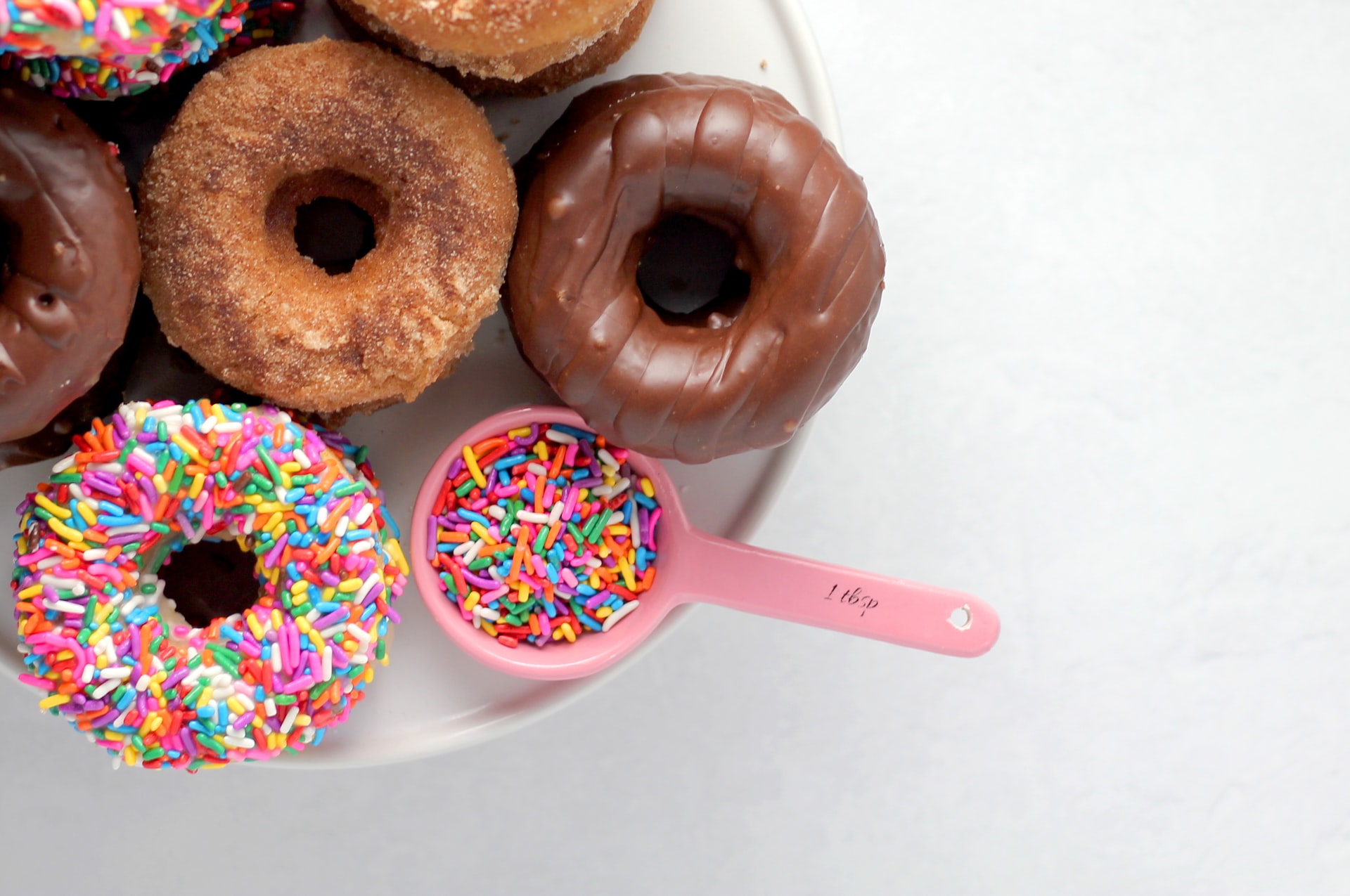Reading Time: < 1 minutes
-
-
- Theory 1: To ward off evil spirits.
-
- In Medieval times (between the 5th and 15th centuries), people clinked glasses & cheered loudly to ward evil spirits off.
- A small amount was also spilled on the floor, hoping that evil spirits would leave the group alone.
-
- Theory 2: To avoid poisoning.
-
- It was common in the early times to poison drinks to kill an enemy secretly.
- So, glasses were filled to the brim and clinked hard, so a bit of alcohol from each glass would pour into the other, removing any doubts of poisoning.
-
- Theory 3: To please ‘all’ the senses.
-
- When we sip a drink, we can see, smell, taste, and feel the glass in our hands.
- With these, we use four of our five senses; drinkers clinked glasses to ensure the fifth sense (sound) is not left out.
-
- Raising a toast while clinking the glasses: This is believed to have come from the literal practice of dropping a piece of toast in the drink.
-
-
- The quality of wine in the past wasn’t good, so people added a piece of scorched or spiced bread to reduce acidity and improve the flavour.
- Also, when food was scarce and wasting it was considered wrong, soaking the bread in the wine also helped soften stale bread, thereby avoiding wastage.
- With the toast in it, the drink was raised to honour Gods or people.
- By the 18th century, the floating piece of bread got taken away but ‘raising a toast’ as an honour continued.
-
-
- Theory 1: To ward off evil spirits.
-
Image courtesy of Yutacar through Unsplash
Reference shelf :





